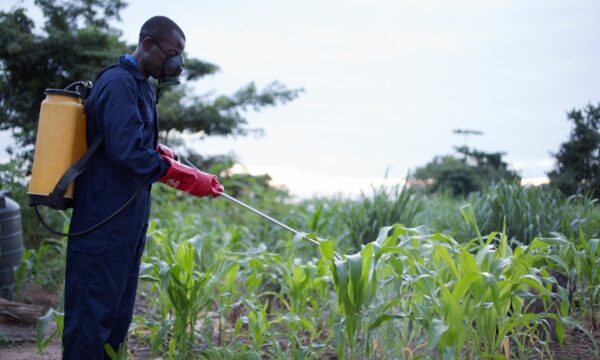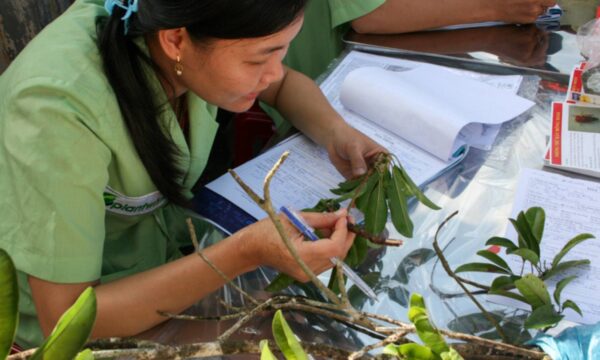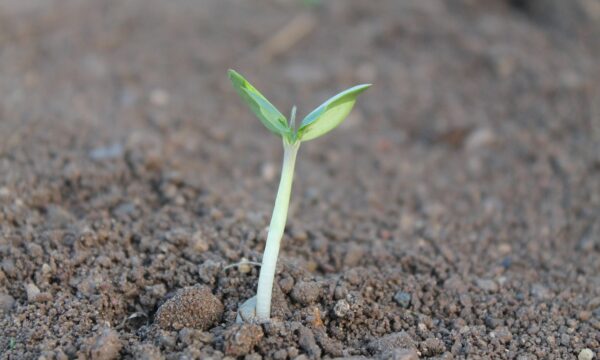Globally, battery manufacturing and recycling plants have been identified as the major sources of soil lead contamination that have resulted in lead exposure to neighbouring communities via the accumulation of lead within plants.

Masai child next to Opuntia stricta (© CABI)
Lead is naturally found in soil in relatively low concentrations (10-50 mg/kg) in which it is taken up by plants via the roots and accumulates within root cells as lead is used in low levels by plants. Excessive lead concentrations found within plants have been shown to reduce the functionality of morphological, biochemical and physiological functions as well as promoting deleterious effects. For more detailed information on the effects of lead on plant health, see here.
The lead battery manufacturing and recycling industries are globally expanding due to the lead battery market. This market is increasing dramatically across Africa to follow the recent boom in industries which use such batteries. These include off-grid solar power installations which aim to reach over 44 million households throughout Africa; uninterrupted power supplies (UPS) for backing up computers and powering cellular phone networks.
Few regulations in regards to preventing/reducing contamination and emissions are in place in Africa. Once a site has been identified as a contamination source, it can take numerous years before any remediation of the contaminated soil is put in place, and even longer if the site itself has closed down due to a lack of ownership of the issue by local governing bodies.

Lead battery recycling factory worker (© NIOSH)
Over the past decade, battery plants have been increasing targets of scrutiny due to a growing awareness of the environmental implications of maintaining poorly regulated sites globally. Numerous studies describe such negative impacts on both the environment and human health. A study undertaken by researchers in partnership between Occupational Knowledge International, USA and organisations across Sub-Saharan Africa investigated the contamination effects of lead battery sites (see here). A total of 118 soil samples were collected from 15 separate battery plants, with results suggesting soil lead levels of up to 140 000 mg/kg and an average of 2 600 mg/kg within local communities. Cases of high concentrations of lead in soil have been linked to human health issues within neighbouring communities, for example within rural villages located close to lead battery recycling sites. Tested individuals (notably children) were found to contain significantly elevated blood lead levels which may lead to symptoms including fatigue, nausea, colic, anaemia, miscarriages etc.
Related News & Blogs
How do pest risk registers address the spread of plant pests in Africa?
Pest risk registers can help to solve problems in agriculture, addressing the growing global threat of plant pests. Moreover, changing weather patterns, led by rising temperatures, are causing them to reproduce faster and expand into new regions. In ad…
10 July 2025




